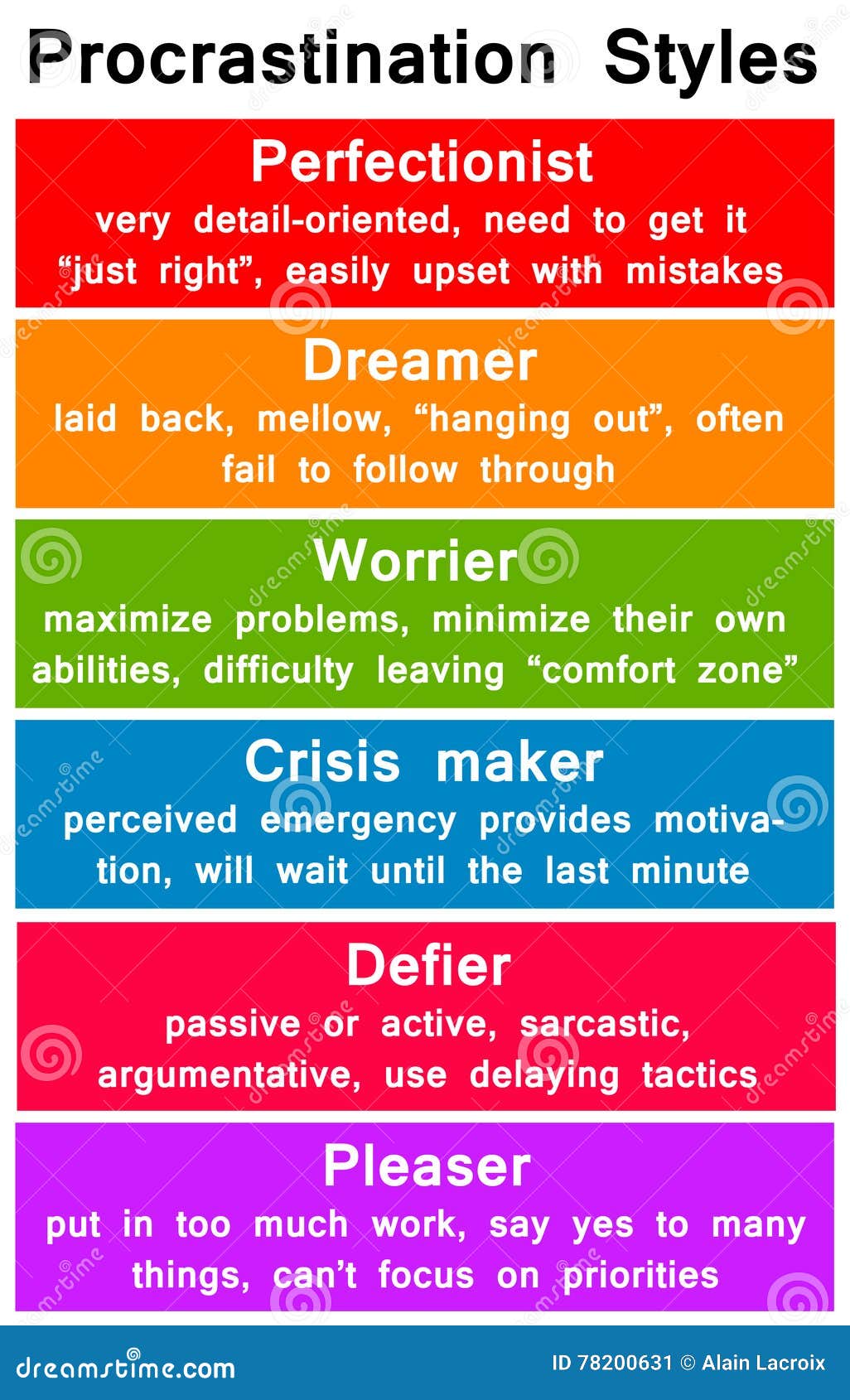Breaking Down the Impact of Procrastination, Emotional Dependency, and Impostor Syndrome
Breaking Down the Impact of Procrastination, Emotional Dependency, and Impostor Syndrome
Blog Article
In our daily lives, we often encounter challenges that hinder productivity and personal growth. Among the most common issues are depencia emocional procrastination, emotional dependency, significado da palavra procrastinandoo que é procastinar and impostor syndrome. They can negatively influence our achievements, but understanding them is the first step to overcoming them.
In this article, we’ll explore what these issues are, why they occur, and practical ways to address them. With the right insights, you can take control of your habits and live a more fulfilling life.
What is Procrastination?
Procrastination is the tendency to postpone tasks or decisions that require immediate attention. This behavior is often linked to emotional and psychological factors.

Research shows that procrastination stems from how our minds prioritize instant gratification over long-term benefits. People often procrastinate when they feel unmotivated or overwhelmed. Recognizing these triggers is essential to addressing the issue effectively.
What is Emotional Dependency?
Emotional dependency occurs when someone relies heavily on others for approval, validation, or support. While seeking connection is natural, excessive emotional dependency leads to imbalance and stress.
People with emotional dependency may struggle to make independent decisions. This behavior often stems from childhood experiences, such as a fear of abandonment or low self-esteem. Building self-awareness and working on personal growth can help reduce dependency and promote emotional balance.
What is Impostor Syndrome?
Impostor syndrome refers to the internalized fear of being exposed as a fraud. Despite achieving success, individuals with impostor syndrome attribute their achievements to luck or external factors.

This mindset results in anxiety and self-doubt, hindering personal and professional growth. Research suggests that addressing impostor syndrome requires practicing self-compassion and recognizing personal achievements.
Practical Tips for Personal Growth
If you want to improve your habits and mindset, consider implementing the following strategies:
- For procrastination: Set small, manageable goals and practice time management strategies such as the Pomodoro Technique.
- For emotional dependency: Develop self-reliance through activities like journaling, therapy, or mindfulness practices.
- For impostor syndrome: Keep a journal of your achievements and remind yourself of past accomplishments regularly.
The key to lasting change—adopt these habits gradually to achieve sustainable results.
Conclusion: Taking Charge of Your Mental Habits
Procrastination, emotional dependency, and impostor syndrome can be overcome with dedication and the right tools. When you take proactive steps to address these issues, you can achieve significant personal growth.
Begin today—choose one strategy from this article and apply it consistently. Over time, you’ll see improvements in your mindset and daily life.
Report this page